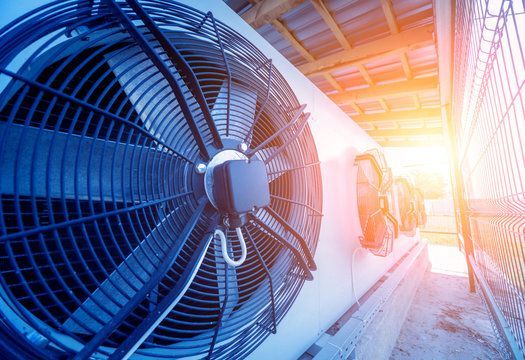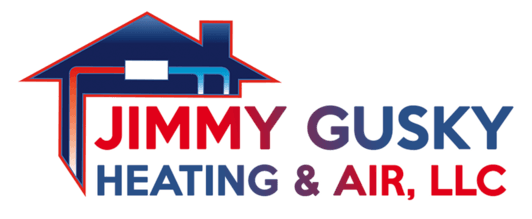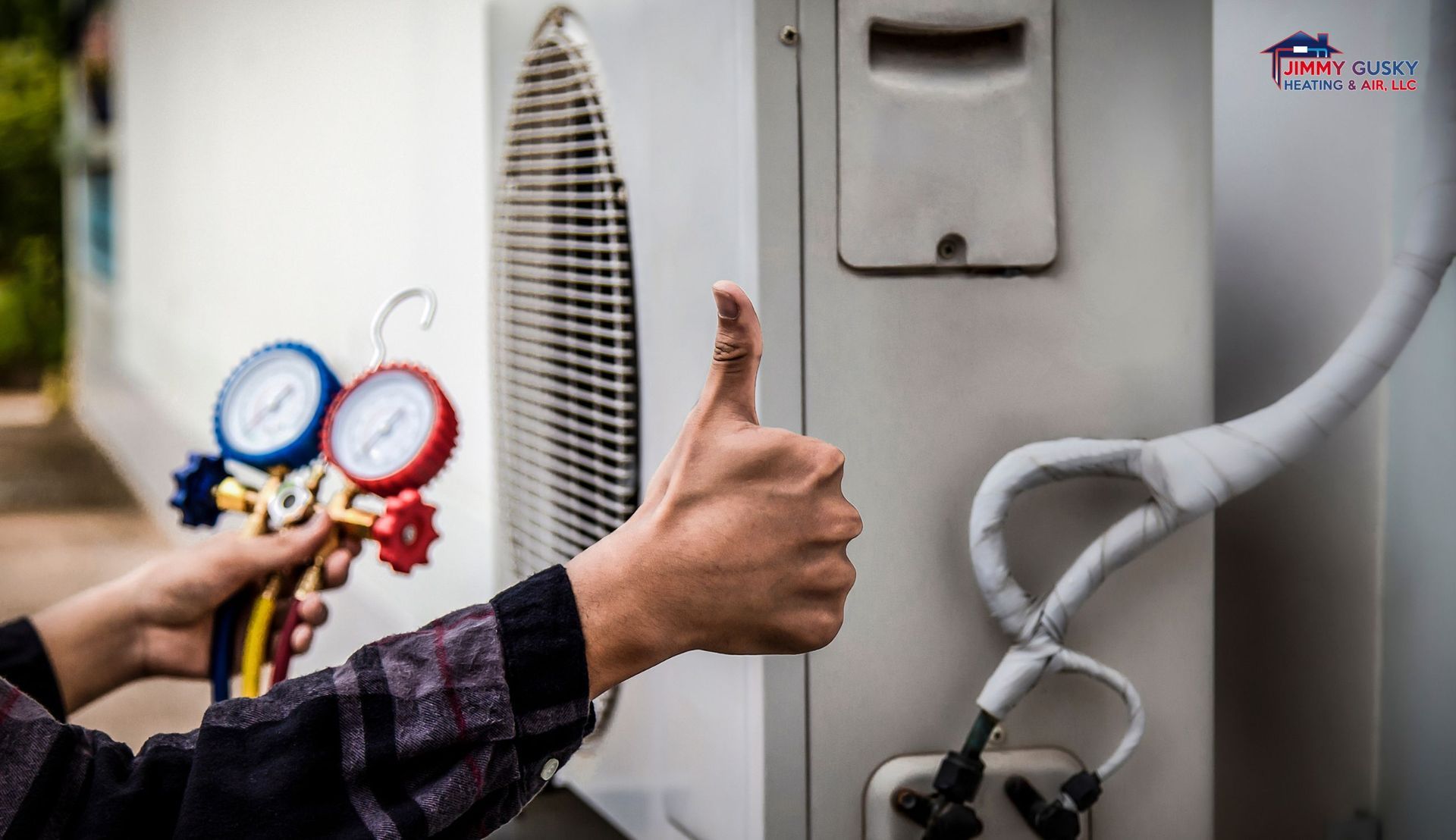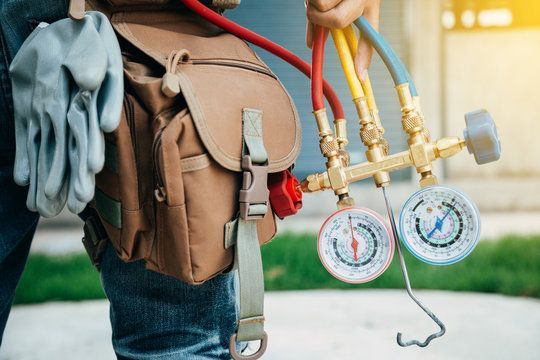Indoor Air Quality in Washington Homes: HVAC Solutions for Cleaner Air
Breathing Easy: Elevating Indoor Air Quality in Washington Homes with HVAC Solutions

Nestled in the heart of the Pacific Northwest, Washington State boasts stunning landscapes, diverse ecosystems, and a climate that varies from coastal humidity to mountainous crispness. While residents revel in the natural beauty, it's essential not to overlook the importance of maintaining pristine indoor air quality. This blog post delves into the unique challenges Washington homes face and provides comprehensive HVAC solutions to ensure residents breathe cleaner air, fostering a healthier living environment.
I. The Washington Climate Challenge:
a. Humidity's Impact: Washington's maritime climate, characterized by mild temperatures and elevated humidity, creates conditions ideal for mold and dust mite proliferation. Managing humidity levels is crucial to preventing these allergens from compromising indoor air quality.
b. Allergens in Abundance: Surrounded by lush greenery, Washington experiences high levels of pollen and other allergens, especially during spring and summer. These particles easily find their way into homes, impacting the respiratory health of occupants.
II. The Role of HVAC Systems in Indoor Air Quality:
HVAC systems play a pivotal role in maintaining indoor air quality, influencing the health and comfort of occupants within homes and buildings. These systems are designed not only to regulate temperature but also to filter and circulate air, effectively removing pollutants, allergens, and contaminants. Filters within HVAC units trap particles like dust, mold spores, and pet dander, preventing them from circulating through the indoor environment.
Moreover, modern HVAC systems often incorporate advanced technologies such as UV-C light, which neutralizes bacteria and viruses, contributing to a cleaner and healthier atmosphere. Proper ventilation, a key aspect of HVAC functionality, ensures the constant exchange of indoor and outdoor air, reducing the concentration of pollutants.
a. Air Filtration Technology: Investing in high-efficiency HVAC systems equipped with advanced air filtration technology is paramount. HEPA (High-Efficiency Particulate Air) filters can capture even the tiniest particles, including allergens, dust, and mold spores, promoting cleaner air circulation.
b. Regular HVAC Maintenance: Routine maintenance of HVAC systems is crucial to their optimal performance. Regular inspections, filter replacements, and cleaning prevent the buildup of contaminants within the system, ensuring the delivery of fresh and clean air throughout the home.
III. Humidity Control Strategies:
a. Dehumidification Systems: Installing dehumidification systems helps regulate indoor humidity levels, mitigating the risk of mold growth and dust mite infestations. This is especially beneficial in coastal regions where humidity tends to be higher.
b. Smart Thermostats with Humidity Control: Smart thermostats equipped with humidity control features allow homeowners to monitor and adjust humidity levels for precise comfort. This technology not only enhances indoor air quality but also promotes energy efficiency.
IV. Addressing Allergens and Pollutants:
a. UV-C Air Purification: UV-C light technology can be integrated into HVAC systems to neutralize airborne pathogens, bacteria, and viruses. This proactive approach significantly reduces the presence of allergens and ensures a healthier breathing environment.
b. Ventilation Systems: Enhanced ventilation is crucial for expelling indoor pollutants and bringing in fresh outdoor air. Energy recovery ventilators (ERVs) and heat recovery ventilators (HRVs) are efficient solutions that balance air exchange while conserving energy.
V. Seasonal Challenges and Solutions:
a. Pollen Season Preparation: Implementing HVAC maintenance before the peak of pollen season is essential. Changing filters, cleaning ducts, and ensuring optimal system performance can significantly reduce the infiltration of pollen into living spaces.
b. Winter Air Quality Concerns: During Washington's colder months, homes may experience increased reliance on heating systems. Proper ventilation, regular filter changes, and humidity control become pivotal in maintaining indoor air quality while keeping inhabitants warm and comfortable.
VI. Importance of Professional HVAC Services
Professional HVAC services play a pivotal role in maintaining the efficiency, longevity, and overall performance of heating, ventilation, and air conditioning systems. In Washington, where climate variations demand reliable HVAC systems, the expertise of professionals becomes paramount. Regular maintenance by HVAC specialists ensures that systems operate at peak efficiency, reducing energy consumption and lowering utility bills.
Additionally, professional HVAC services contribute to indoor air quality by implementing advanced filtration and purification technologies, safeguarding residents from airborne pollutants and allergens.
Whether installing new systems, conducting repairs, or providing emergency services, HVAC
professionals bring a level of precision and proficiency that ensures comfort, energy efficiency, and a healthier living environment. Investing in professional HVAC services is not just a maintenance task but a commitment to the long-term well-being and sustainability of your home comfort systems.
a. Consulting HVAC Experts: Engaging with HVAC professionals in Washington ensures that systems are tailored to the region's climate. Experts can recommend customized solutions, address specific concerns, and perform regular maintenance to uphold air quality standards.
b. Air Quality Assessments: HVAC professionals can conduct comprehensive air quality assessments to identify specific pollutants and allergens within homes. This information guides the implementation of targeted solutions for improved indoor air quality.
VII. Beyond HVAC: Additional Tips for Cleaner Air:
a. Natural Ventilation Practices: Encouraging natural ventilation by opening windows when weather permits can facilitate the exchange of indoor and outdoor air, reducing the concentration of pollutants.
b. Regular Cleaning Habits: Establishing consistent cleaning routines, including dusting, vacuuming, and maintaining a clutter-free environment, minimizes the presence of allergens and particulate matter.
c. Indoor Plants for Air Purification: Introducing air-purifying indoor plants can be a natural and aesthetically pleasing way to enhance air quality by removing certain toxins and improving overall oxygen levels.
In Washington, ensuring clean indoor air is essential for the health and well-being of residents. By embracing HVAC solutions tailored to the state's unique climate, addressing specific challenges, and incorporating additional air quality measures, homeowners can breathe easy year-round. Prioritizing indoor air quality not only fosters a healthier living environment but also enhances the overall comfort and enjoyment of homes in the Evergreen State.
All Rights Reserved | Jimmy Gusky Heating & Air, LLC, all rights reserved.
2604 Connecticut Avenue Northwest, Suite 400, Washington, DC 20008 (202) 246-9380




